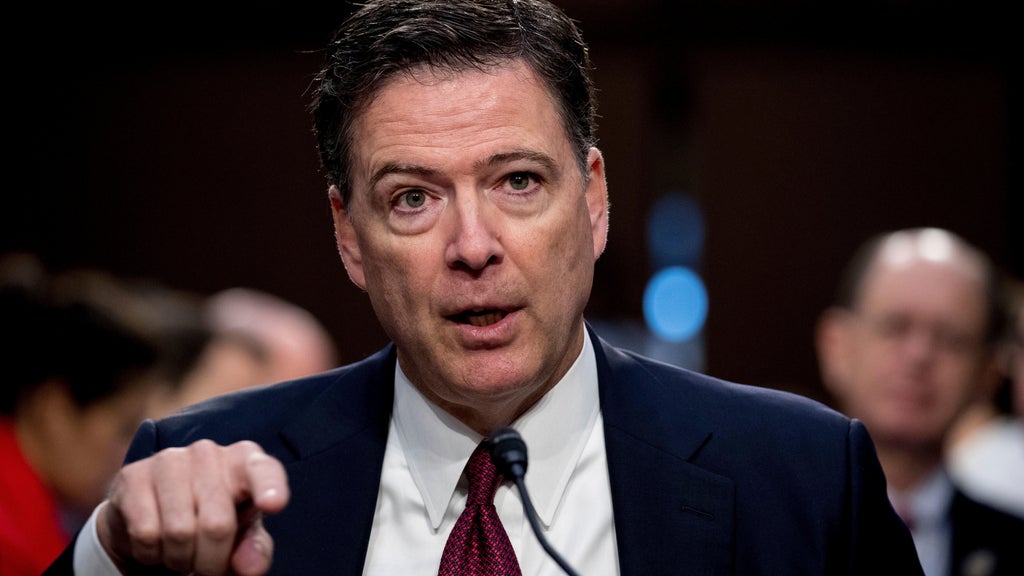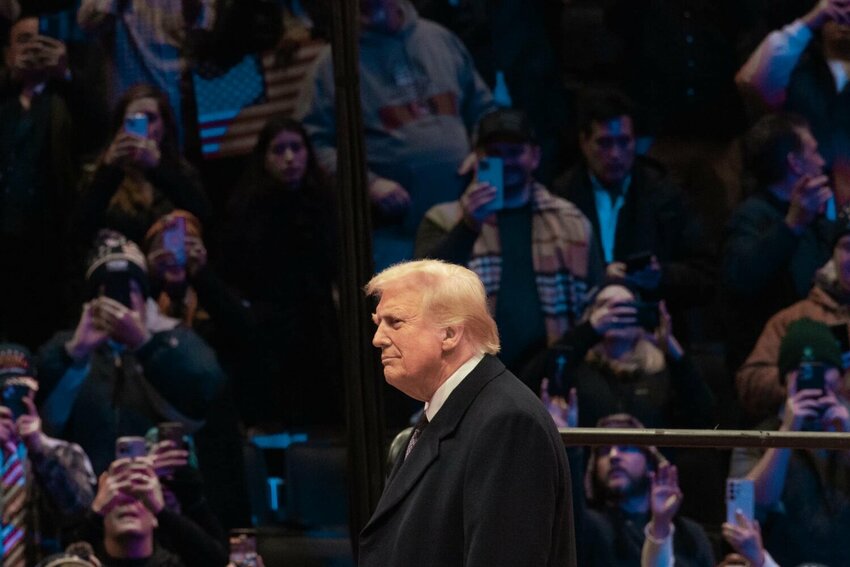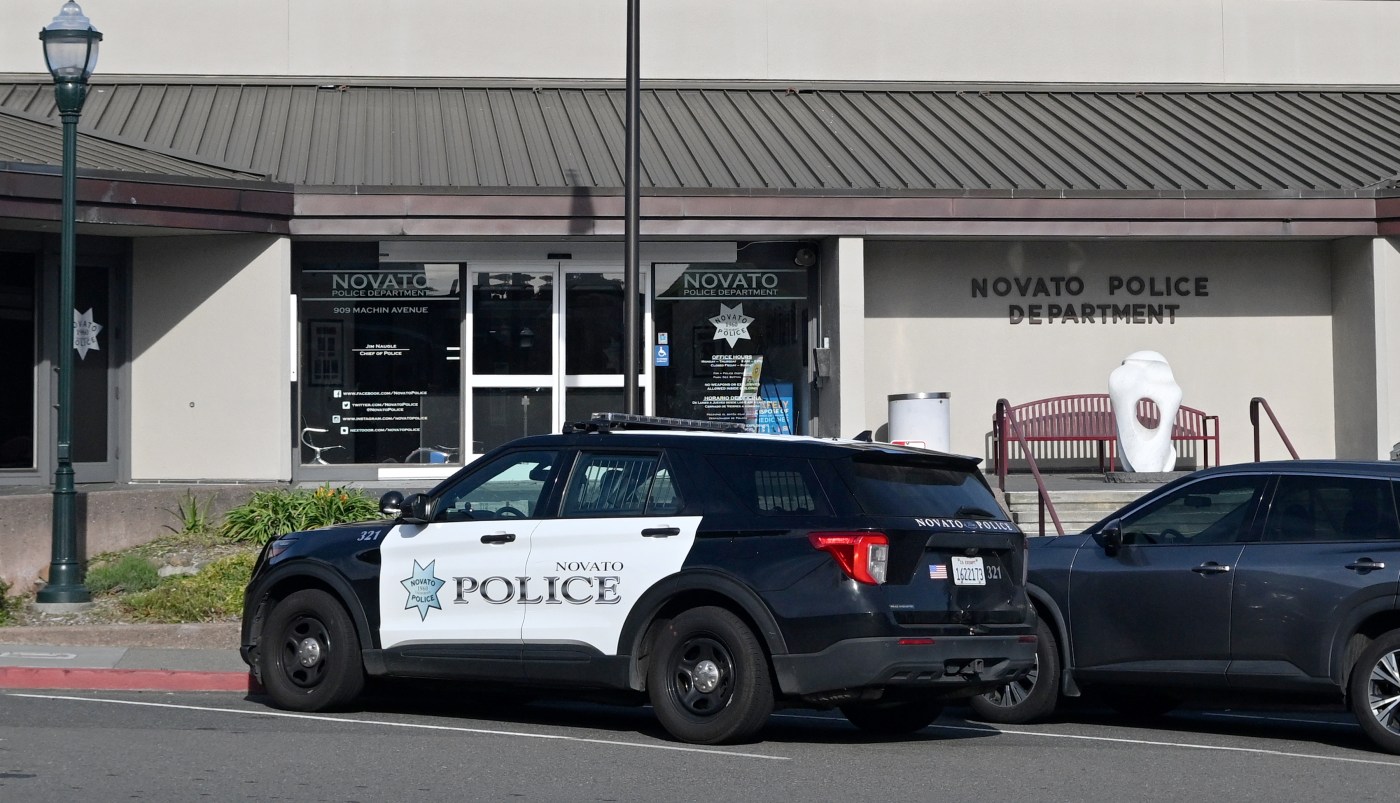
Former FBI Director James Comey entered a plea of not guilty to charges related to his congressional testimony from September 2020. This arraignment took place on Wednesday at the courthouse in Alexandria, Virginia, following an indictment by a federal grand jury in late September. The charges against Comey include lying to Congress and obstructing a congressional investigation during his appearance before a Senate panel.
During the court proceedings, Comey affirmed his understanding of the charges when asked by the judge, responding with, “I do, your honor, thank you very much.” This legal challenge comes as Comey has consistently maintained his innocence, previously stating in a video released after the indictment that he is eager for a trial to clear his name.
The Justice Department’s decision to pursue criminal charges against Comey has drawn significant attention, particularly given his previous role as a prominent figure in investigations involving former President Donald Trump. The allegations stem from Comey’s testimony regarding the FBI’s actions during the 2016 presidential election and the subsequent inquiry into Russian interference.
As this story develops, the implications of the case may extend beyond Comey himself, potentially impacting public trust in congressional testimony and the broader framework of accountability for government officials. Legal experts anticipate that the trial will explore intricate details of Comey’s statements and the context of his testimony.
Comey has indicated that he plans to contest the charges vigorously. The case highlights ongoing tensions surrounding issues of transparency and integrity within governmental institutions. As this situation unfolds, further updates will be provided regarding the legal proceedings and their ramifications.
This developing story will continue to be updated as more information becomes available.







